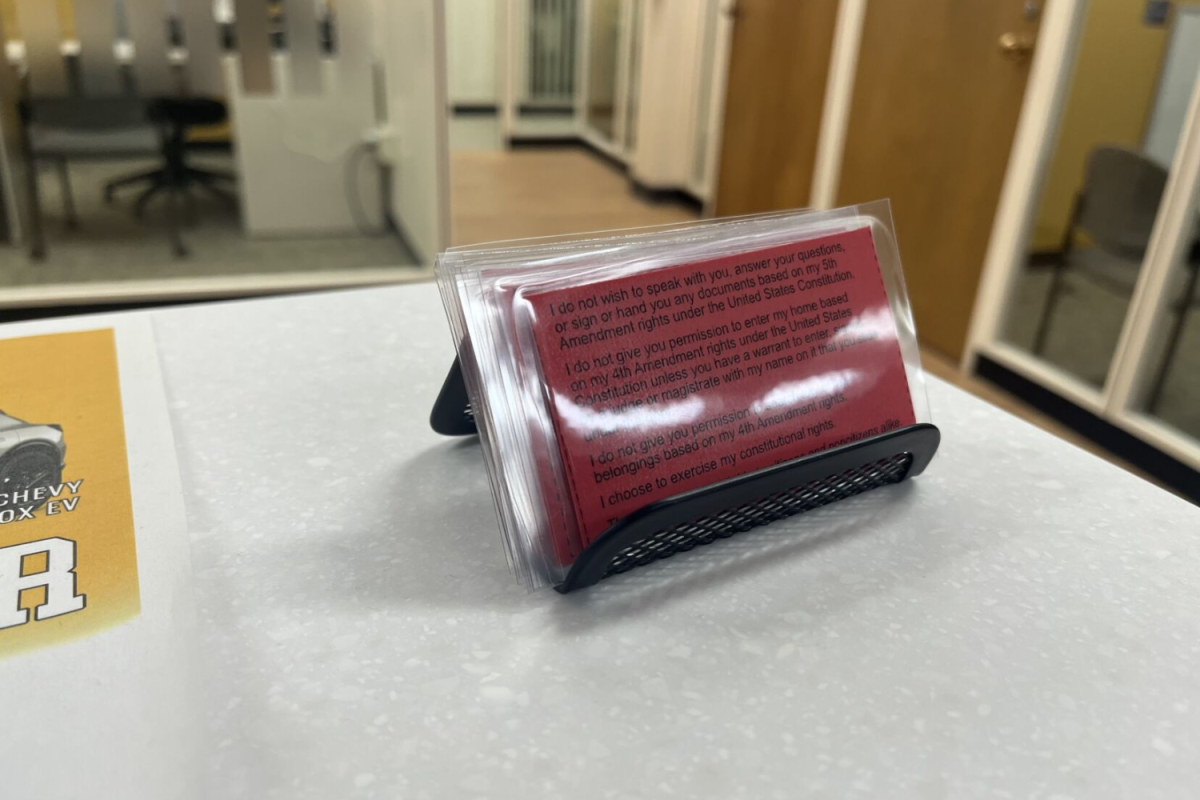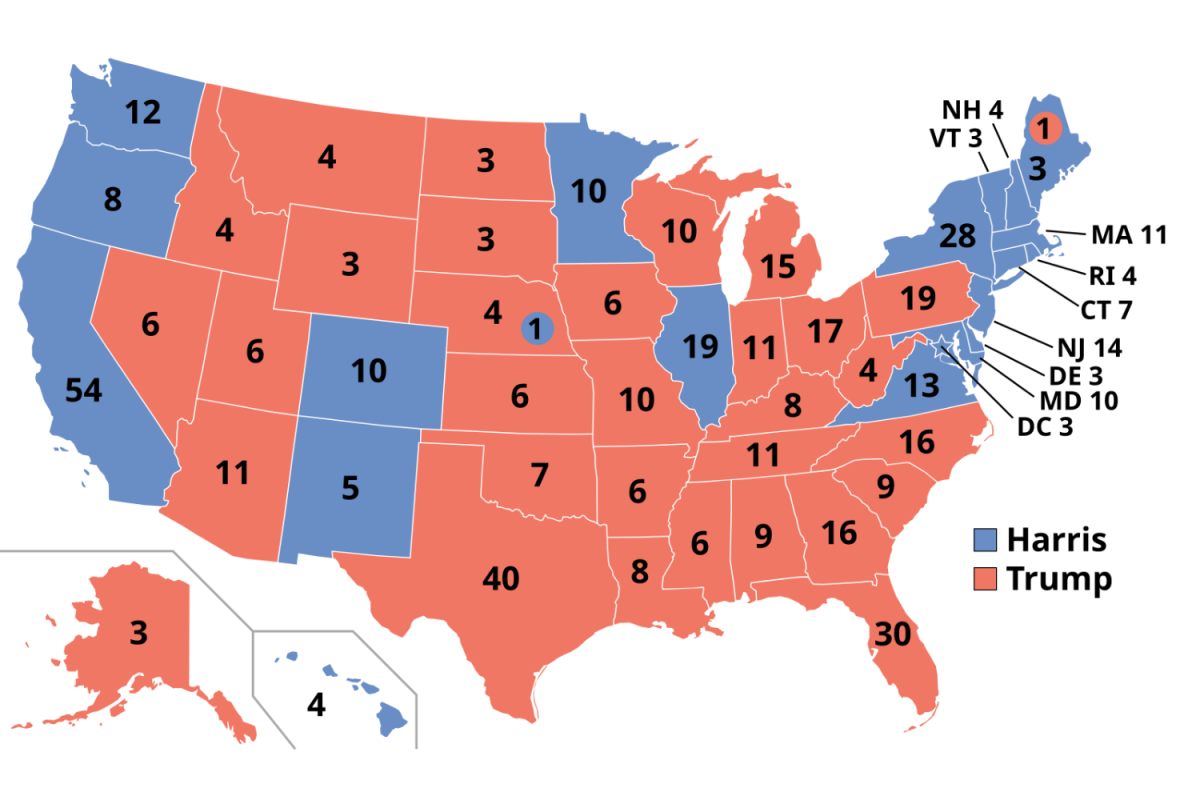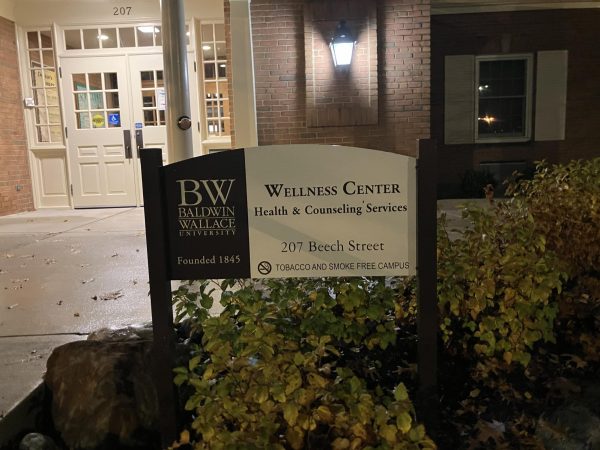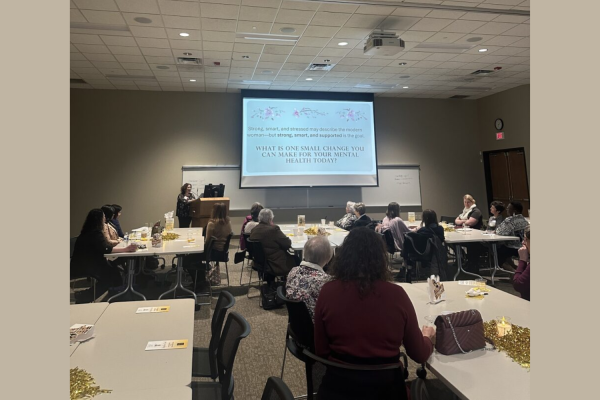With abortion access severely curtailed in Ohio, many may need to travel outside state borders to seek care
The so-called “heartbeat bill” was signed into law by Governor Mike DeWine in 2019, declaring the performing of an abortion once a fetal heartbeat has been detected, at six weeks, to be illegal to the extent of federal charges except in cases where it is necessary to prevent death.
With this year’s ruling by the Supreme Court in Dobbs v. Jackson Women’s Health Organization, which overturned the precedent set by Roe v. Wade, people in Ohio face much uncertainty as to their options when it comes to considering the termination of a pregnancy. Some may find the only alternative option would be to venture to surrounding states for access.
The so-called “heartbeat bill” was signed into law by Governor of Ohio Mike DeWine in 2019, declaring the performing of an abortion once a fetal heartbeat has been detected, at six weeks, to be illegal to the extent of federal charges except in cases where it is necessary to prevent death. On Sept. 14, an Ohio judge blocked an Ohio ban on abortion allowing abortions until pregnancy meets the 20-week mark, but this change is only temporary existing for only two weeks from the ruling.
The states surrounding Ohio offer a variety of abortion access laws that could give some options for those financially able to travel; one such state is Michigan. Michigan state law has had an abortion ban on the books since 1931, but the courts have ruled them unconstitutional so no authority can enforce the law. Michigan’s Attorney General Dana Nessel and Governor Gretchen Whitmer, a Democrat, said that they will not enforce the ban.
Additionally, Nessel issued an executive order for agencies within Michigan to not work with those in other states wishing to prosecute out of state women that seek an abortion in Michigan. For some women, this provides a good option for those who can travel. From Berea, Ohio, it is around a two-hour drive to Michigan.
Indiana is another neighboring state which may provide Ohioans greater access under very limited circumstances. It recently passed a ban with exceptions for cases of rape, incest, fatal fetal abnormality, or in cases where the mother’s life is at stake. (Ohio law bans most abortion with the only exception being to save the life of the mother.)
Pennsylvania is another possible option for women seeking abortions who can travel; although, they are limited at 24 weeks gestational age. Abortion access in Pennsylvania is not protected by law, and there are certain restrictions, such as requiring dissuading counseling from the state at least 24 hours prior to the procedure. Democratic Governor Tom Wolf has vetoed an outright ban proposed by the Republican-dominated legislature. Wolfe also issued an executive order to protect abortion providers and those seeking abortions from other states.
When the Dobbs decision created harsher abortion regulations across the country, two Ohio prosecutors signed a joint statement promising to not prosecute abortion-related crimes, but this does not guarantee access to abortion.
Abortion clinics, such as Cleveland’s sexual health clinic Preterm, are still following Ohio’s abortion bans since the physicians would be at risk of prosecution from Ohio’s Attorney General David Yost.
Although there are options for women seeking abortions in some neighboring states, most women do not know they are pregnant within the gestational limits set by most states. A report by the Center for Disease Control titled “Trends in Timing of Pregnancy Awareness Among US Women” declares that the average woman would not know she was pregnant until five weeks.
This varies amongst women, but it means that most women will not know they are pregnant within the appropriate time to get an abortion. This, in combination with the limits and laws placed on abortions, makes it incredibly difficult to get one.
The Exponent is looking for financial contributions to support our staff and our newsroom in producing high-quality, well-reported and accurate journalism. Thank you for taking the time to consider supporting our student journalists.






































